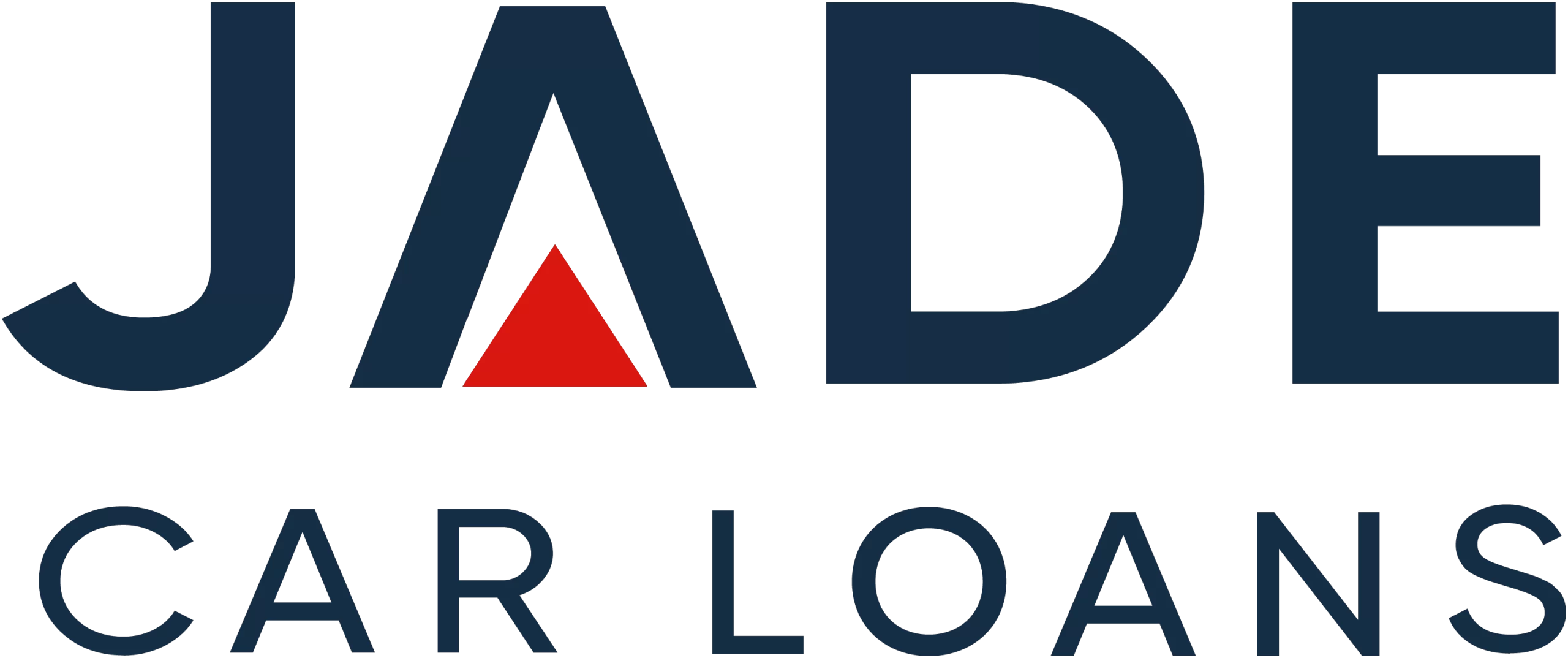At the monthly board meeting on 6 April, the Reserve Bank of Australia (RBA) kept the official cash rate on hold at the current level of 0.1%. The last time the RBA changed the rate was in November 2020 when it cut rates from 0.25% to 0.1%. While April's decision was not a surprise to most, it comes amidst a commentary by some in the economics space for the RBA to increase rates to curb the surge in house prices.
On the back of the historic low interest rates, home buyers are forging ahead with purchases which is pushing house prices up to extremely high levels in some areas. But Governor of the RBA, D Philip Lowe, has, on several occasions, publicly stated that it is not his intention to lift rates until key indicators are met.
To provide clarity for those with current car finance and those planning on new vehicle loans, we cover several key points from both the local and international economic scene.
RBA Statement
The statement issued by the RBA regarding the interest rate announcement notes that while the vaccine rollout is supporting economic recovery globally, that recovery is not even. It noted that while global trade had increased and commodity prices were higher than at the start of 2021, inflation remained below its targeted level to trigger any interest rate increase.
The statement goes on to highlight that Australia’s economic recovery is proceeding better than expected with strong GDP figures in the December quarter and while still too high, the unemployment rate falling again in February. ‘Above-trend’ growth is expected both in 2021 and next year. Spending should continue to be supported with good balance sheets for both businesses and households. Subdued pressure on wages and prices was noted, with this expected to continue for several years.
Despite consumer price index (CPI) inflation being expected to temporarily rise due to COVID-19 related issues, inflation is expected to stay sub 2% over the coming years.
In regards to lending, the statement notes that the RBA will be monitoring the trends in home loans closely and mentions the importance of maintaining lending standards.
In closing, the RBA Board stated its commitment to supporting the economy through its monetary policy until it has achieved its goals. In a very strong indication of the RBA’s intentions around any interest rate increases, it said it would not increase the official cash rate until the 2-3% actual inflation target was achieved and sustainable. This was not expected to occur before 2024.
International Economic Indicators
A day after the RBA meeting, the IMF also issued a statement that gave a very positive growth forecast for Australia. The IMF Chief Economist, Gita Gopinath, said the IMF forecast the Australian economy to expand by 4.5% in 2021 which was an increase on the 3.5% forecast it gave in January. Essentially upgrading the outlook and indicating Australia’s good recovery and bounce back as a result of the coronavirus pandemic. More info.
These growth forecasts are of course on the back of the 2.9% contraction experienced in 2020 during the pandemic crisis but overall, it appears that Australia is doing much better than many other countries.
Motor Vehicle Finance Interest Rates
While Dr Lowe expects the official cash rate to stay low until 2024, does that mean lending rates such as for car loans will remain at the current historic low levels? The official cash rate is the rate for lenders to source finance from other lenders. But as the financial sector operates on a global level, as noted by some in the media, some lenders may be sourcing funds from international markets. Markets where the rates differ.
To arrive at their lending rate, lenders use the cash rate as a base but would also have their own business and operational costs to factor into their loan pricing as well as allow for their approach to lending to certain sectors, including ABN car loans. Hence the variations in interest rates on car finance across the lender market. But the motor vehicle finance sector is highly competitive and lenders will no doubt want to remain ‘in the mix’ for customers seeking finance.
Jade Car Loans is accredited with multiple lenders so we always have a vast selection of lenders, both banks and non-bank, from which to source the cheapest car loans at the best interest rates for our customers.
As extremely active lenders engaged with both the consumer and business vehicle finance sectors, we welcome the RBA’s decision to hold rates at the current low levels. This will enable our Jade Car Loans consultants to continue to offer our customers cheap business car loan interest rates across our loan portfolio. Also, whilst comparing competitive vehicle finance rates on our website, refer to the commercial car finance calculator to figure out lending options for your motor vehicle.
The RBA Board is scheduled to next meet regarding interest rates on the first Tuesday in May and we will continue to stay abreast of any issues that may impact the motor vehicle finance sector.
To discuss your requirements contact 1300 000 003
DISCLAIMER: IN REGARD TO MISREPRESENTATIONS AND ERRORS CONTAINED IN THE MATERIAL AS PRESENTED, LIABILITY IS NOT ACCEPTED. THE DETAILS AND CONTENT IS PROVIDED FOR CAR BUYERS AND INDIVIDUALS AND BUSINESS SEEKING FINANCE PURELY AS GENERAL INFORMATION. THIS IS NOT PROVIDED AS THE ONLY SOURCE OF FINANCIAL INFORMATION. ANYONE THAT CONSIDERS THAT NEED FINANCIAL ADVICE ABOUT THEIR SPECIFIC REQUIREMENTS SHOULD SEEK THEIR OWN FINANCIAL ADVISOR.


